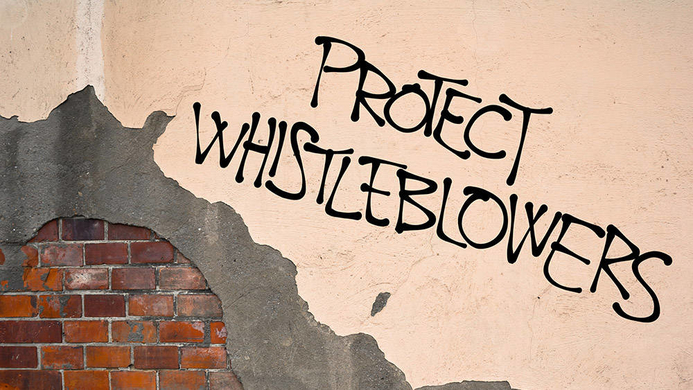Even when we are in principle opposed to racism, most of us struggle with automatic prejudices against visible minorities. In one pilot study conducted by Eric Uhlmann and Brian Nosek at an American university, 75% of white respondents agreed that this was the case for them. Even researchers of stereotyping and prejudice are not immune.
One of the researchers, for example, remembers at first glance mistaking an African-American and a Hispanic pictured in a newspaper article for criminals, realizing to his embarrassment when he read the caption that the two men were in fact volunteer workers. He reacted to this unexpected revelation by seeking comfort in the knowledge that his prejudices had been unconsciously ingrained through cultural socialization.
Prejudices serve to justify inequalities
“Prejudices are often a way for a group of higher social status to explain and rationalize their privileged position in society,” says Eric Uhlmann. He goes on to cite the example of the disproportionate number of African-American men in prison in the US: “If you stereotype them as more aggressive than white, it’s a way of rationalizing this situation, as opposed to addressing the historical roots of social inequality.” How can we address the problem of racial prejudice? The first step is developing deeper awareness.
We don’t want to look racist and one way to resolve it is to attribute our negative thoughts to culture.
People aware of prejudices but blame culture
Previous research into racial prejudice has highlighted that lack of awareness is an important component of this problem. However, in their pilot study, Eric Uhlmann and Brian Nosek found that 75% of their white study participants were in fact consciously aware of their own prejudices. Meanwhile, in a follow-up study that focused on a different nuance of this issue, the researchers found that 60% attributed their prejudices to cultural socialization. Why do people blame culture for individual prejudices? “Recognizing our prejudices is threatening to our sense of worth: blaming them on culture is a way to distance ourselves from these kinds of thoughts and to diminish our sense of responsibility,” says Eric Uhlmann. In fact, his and Brian Nosek’s research focuses primarily on just this problem: what motivates people to blame culture for their own racial prejudices?
People blame culture to distance themselves from prejudice
“The irony is that it is technically true that prejudices come from culture, but the extent to which we endorse them also depends on our individual states of mind,” says Eric Uhlmann. Indeed, in one sense, blaming cultural socialization for racial prejudices is a sign of sensitivity to the problem: people who are in principle opposed to racial prejudice are more likely to attribute blame to cultural socialization than those who are unequivocally racist. In overtly racist cultures (such as Nazi Germany in the 1930s), people are generally unlikely to blame culture socialization for their prejudices because such prejudices carry no stigma.
The focus of Eric Uhlmann and Brian Nosek’s research, however, is not the validity of the blame on culture for racial prejudice but why people attribute blame rather than taking personal responsibility. The question is: does blame tend to stem from valid reasoning processes or biased ones? They hypothesized that the reasoning behind the blame is in fact biased; more specifically, that blame on culture arises from a biased desire to protect one’s sense of self. For those who consider racism unacceptable, it is highly threatening to recognize their own racist tendencies. Eric Uhlmann and Brian Nosek tested their theory in a study involving white American undergraduate students. Participants were divided into two groups.
One group was primed to affirm their sense of self. The other was primed to question their sense of self. Thusly primed, participants were then asked whether their racial prejudices were a product of the culture they live in or a product of their own minds. Participants whose sense of self had been threatened by the initial priming were significantly more likely to blame their culture for prejudices than participants who had been primed to affirm their sense of self.
These results support Eric Uhlmann and Brian Nosek’s original hypothesis that blame on culture is influenced by a desire to maintain a positive view of the self. “We don’t want to look racist and one way to resolve it is to attribute our negative thoughts to culture,” concludes Eric Uhlmann.








